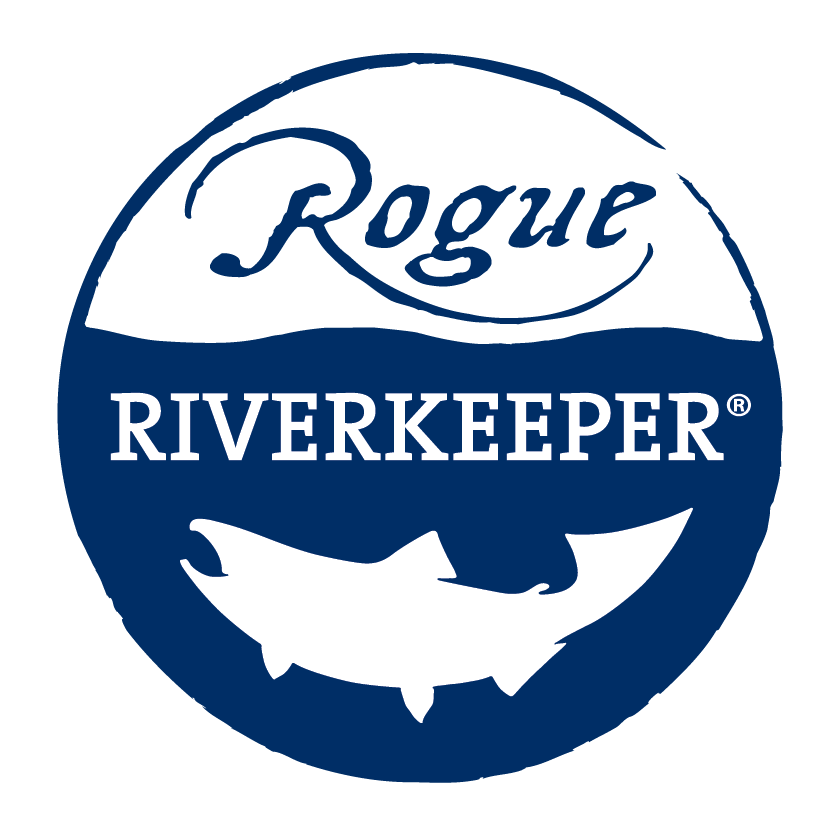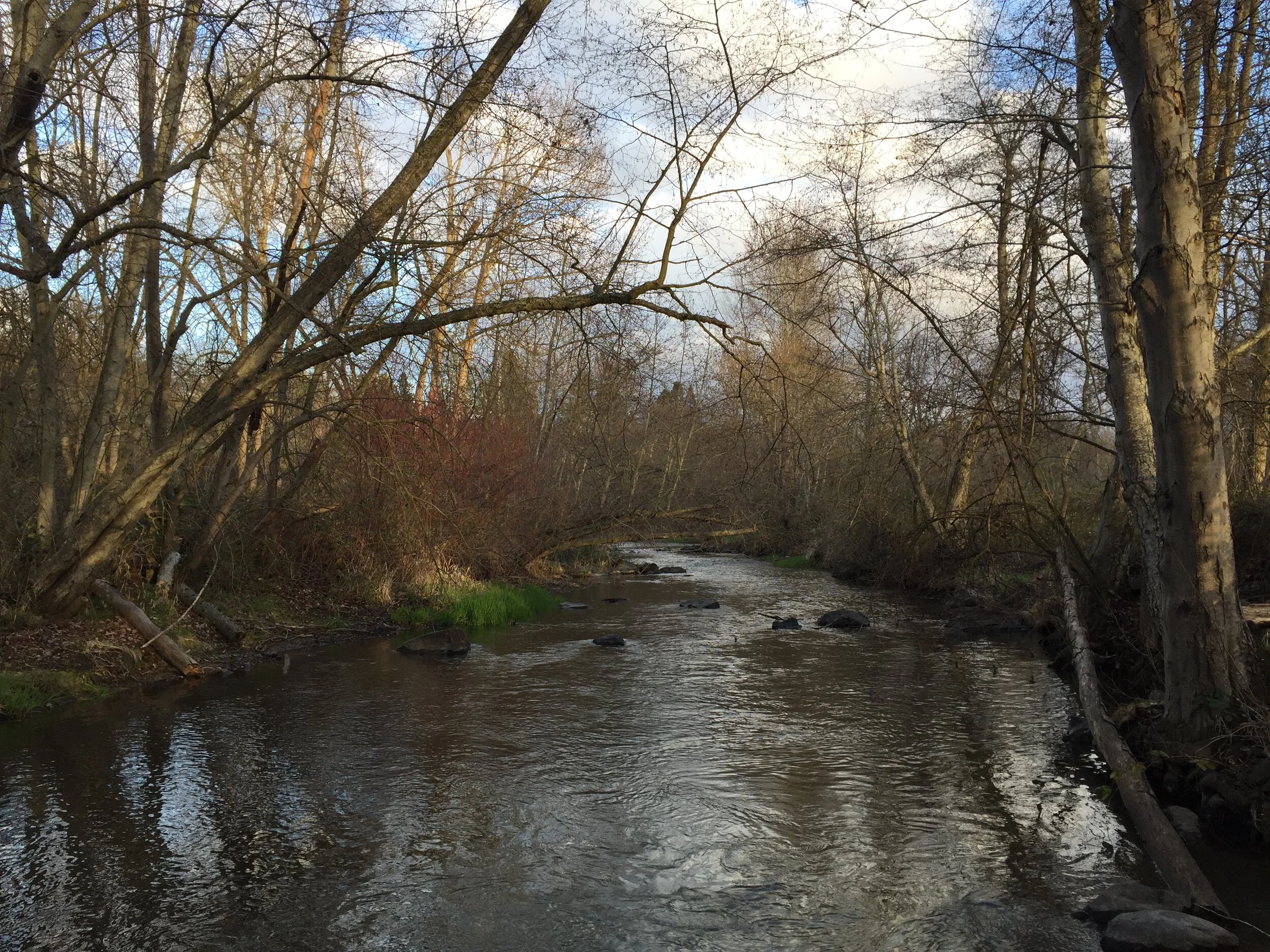On the 48th anniversary of the Clean Water Act, we’re reflecting back on the impact of this fundamental environmental and public health law. On October 18th, 1972, Congress enacted the Clean Water Act. Since then, we’ve come a long way from rivers catching on fire, raw sewage discharged directly into rivers, and the unbridled destruction of wetlands and streams. In a changing climate, with less consistent rainfall, less stable snowpack, and increased drought, the presence of cold, clean water becomes even more critical for communities in our region. Now more than ever, it’s critical to consider the future of these fundamental protections.
Read MoreOn June 1st, the Trump Environmental Protection Agency (EPA) finalized a new regulation gutting the Clean Water Act to fast track harmful fossil fuel projects, such as the Jordan Cove LNG project proposed in southern Oregon. This new regulation was finalized in the midst of the coronavirus pandemic and widespread protests against police brutality and systemic racism.
Read MoreHow well do you know your neighborhood creeks? If you can safely get outside while following the Governor’s stay at home order and public health requirements, now is a great time to get to know your local waters. Like the roots of a tree, the small headwater streams and wetlands that flow into larger creeks and rivers are critical to the health of the entire Rogue River. But right now, some of these smaller waterways will lose protections under the Clean Water Act if a Trump Environmental Protection Agency rule is finalized. Learn more about how you can help take action to protect these waters!
Read More


